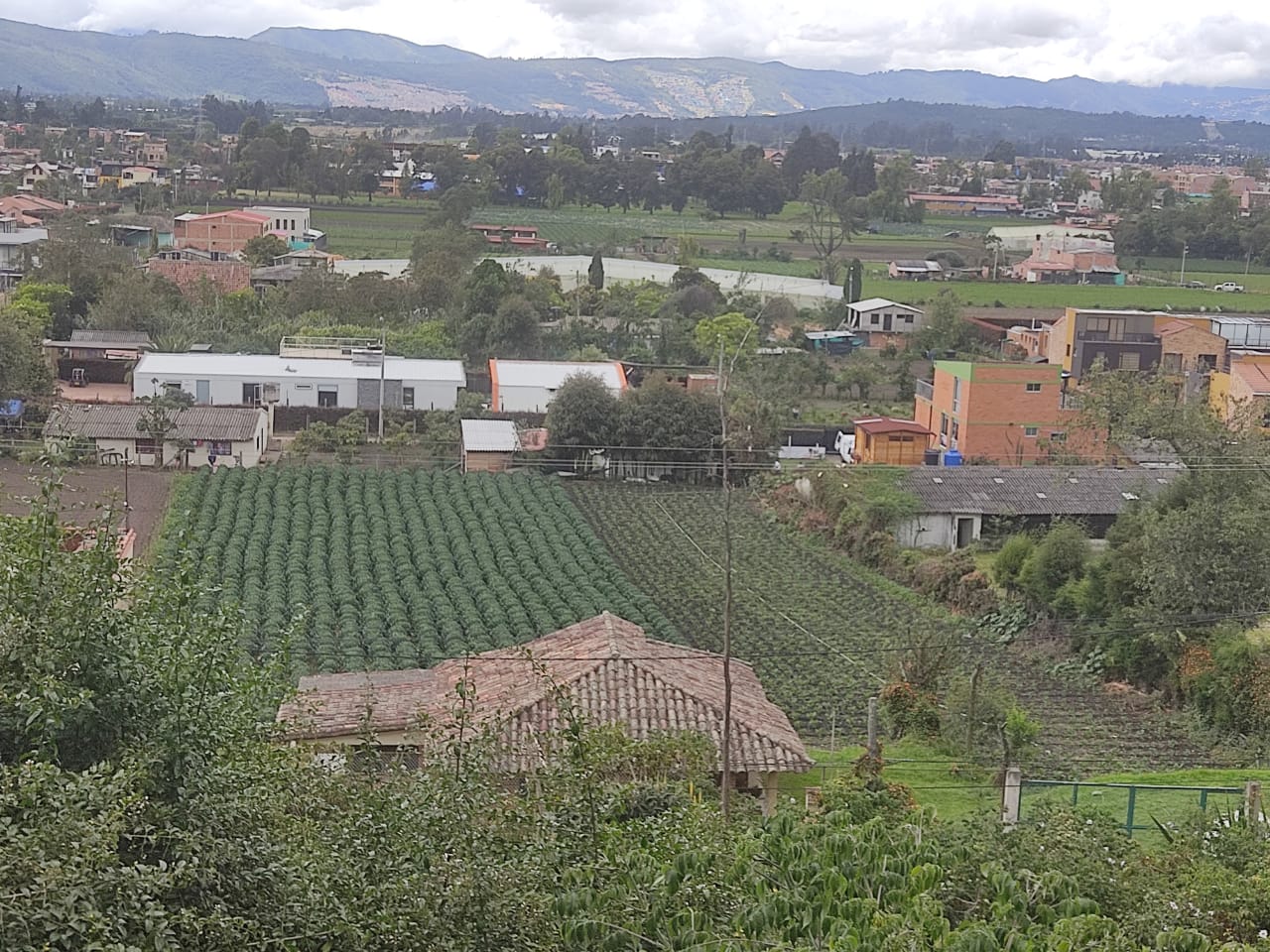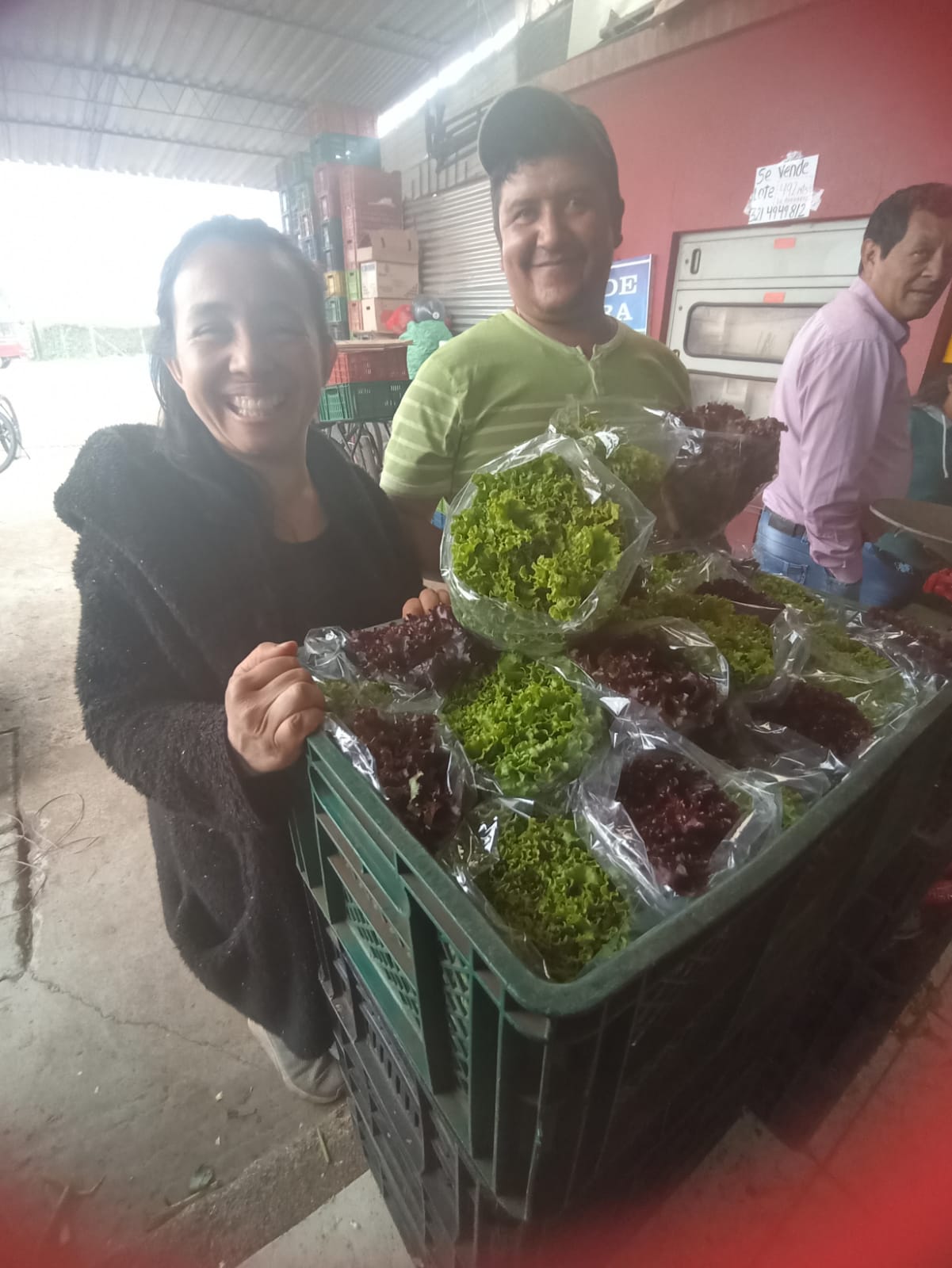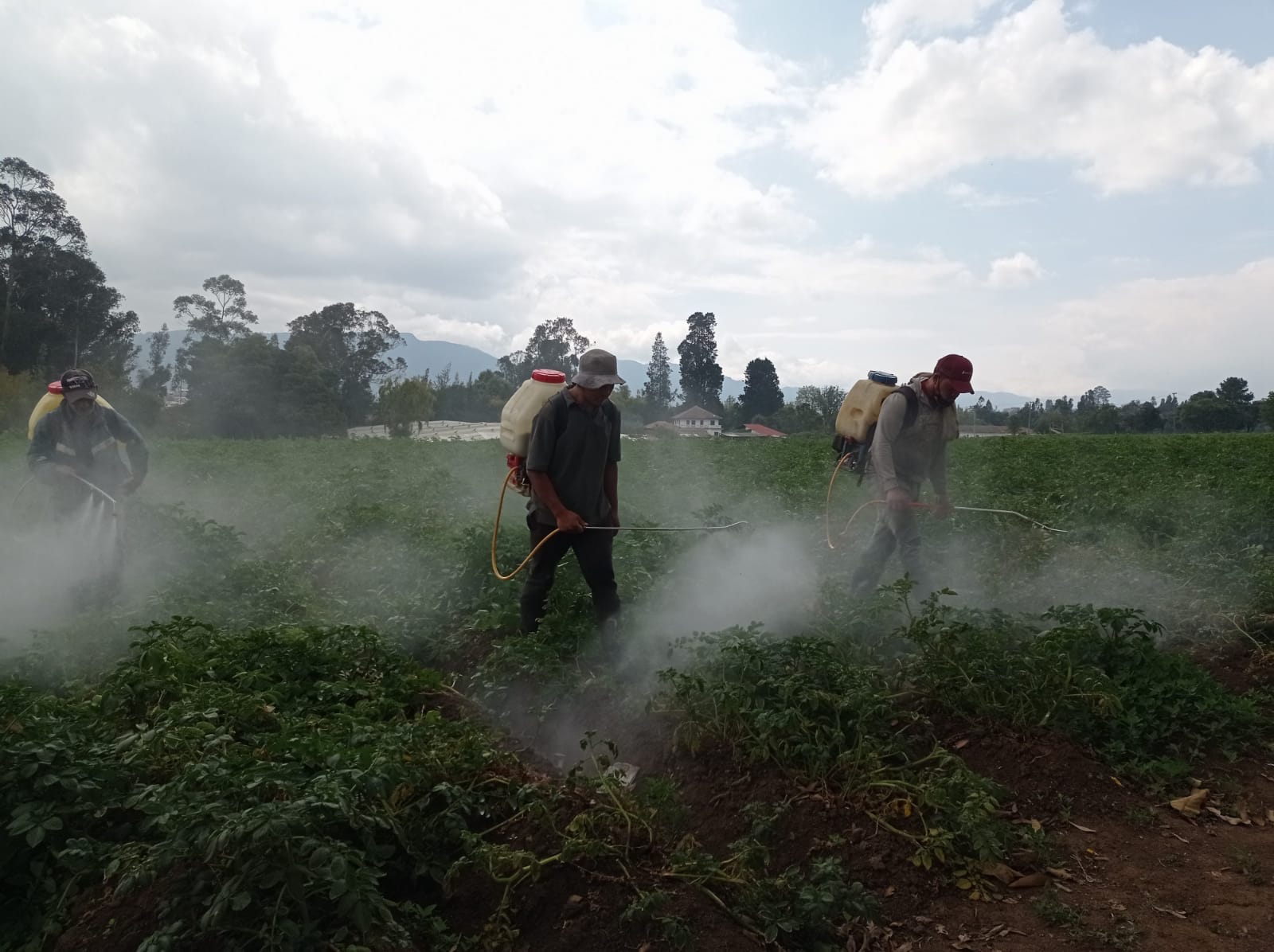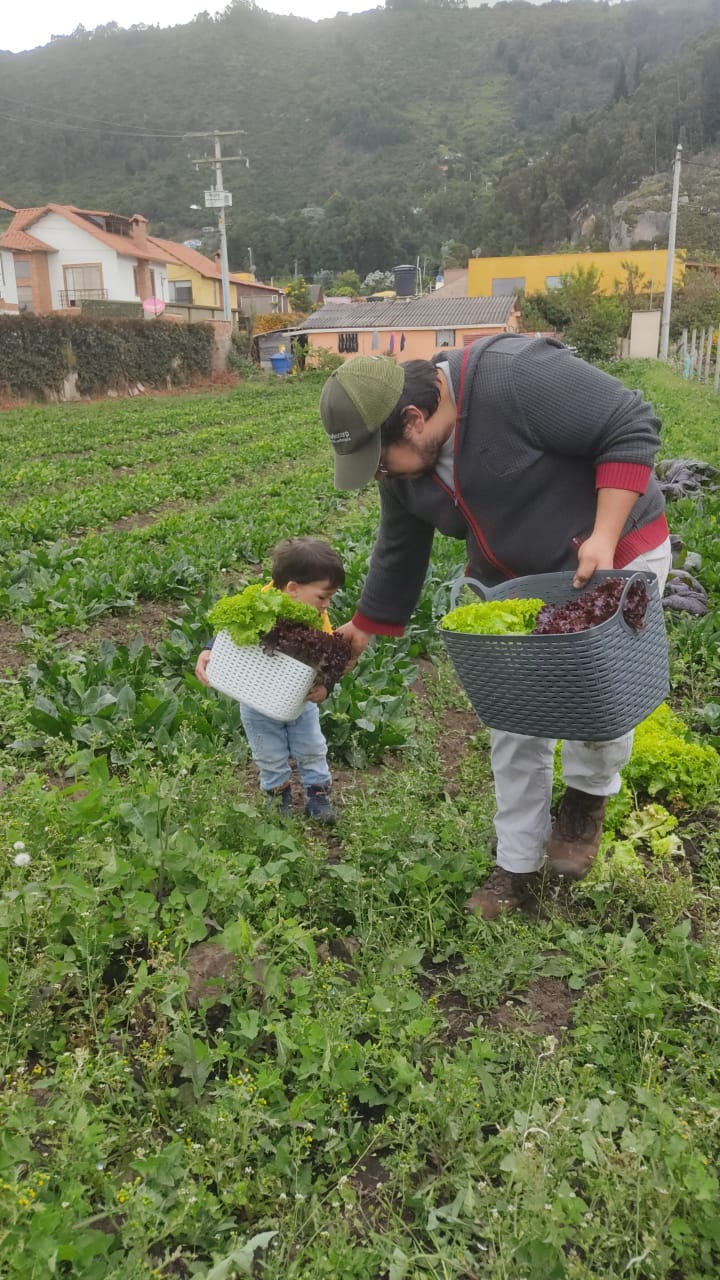Cho Hytcha, Cho Ta: Good land, good harvest

The challenge
The project
Know more...
Investment
(*): In kind/pro bonus
(**): Financing
Funds
Needed
Covered
Solicited
Investment
(*): In kind/pro bonus
(**): Financing
(**)
u$s 450.00
u$s 0.00
u$s 450.00
(**)
u$s 1784.00
u$s 170.00
u$s 1614.00
(**)
u$s 20114.00
u$s 8940.00
u$s 11174.00
(*) (**)
u$s 270.00
u$s 0.00
u$s 270.00
(**)
u$s 450.00
u$s 0.00
u$s 450.00
(**)
u$s 100.00
u$s 100.00
u$s 0.00
(*) (**)
u$s 1000.00
u$s 1000.00
u$s 0.00
(**)
u$s 6400.00
u$s 100.00
u$s 6300.00
(*) (**)
u$s 6400.00
u$s 100.00
u$s 6300.00
(*) (**)
u$s 6000.00
u$s 0.00
u$s 6000.00
(*) (**)
u$s 5000.00
u$s 0.00
u$s 5000.00
(*) (**)
u$s 8000.00
u$s 0.00
u$s 8000.00
(*)
u$s 430.00
u$s 430.00
u$s 0.00
(*) (**)
u$s 7000.00
u$s 0.00
u$s 7000.00
(*) (**)
u$s 1100.00
u$s 0.00
u$s 1100.00
(**)
u$s 2600.00
u$s 1000.00
u$s 1600.00
(**)
u$s 400.00
u$s 0.00
u$s 400.00
Funds
Needed
Covered
Solicited
Papelería (**)
u$s 450.00
u$s 0.00
u$s 450.00
Elementos para la elaboración de bioinsumos (**)
u$s 1784.00
u$s 170.00
u$s 1614.00
Infraestructura y equipamiento Biofabrica comunitaria (**)
u$s 20114.00
u$s 8940.00
u$s 11174.00
Fumigadoras de espalda (*) (**)
u$s 270.00
u$s 0.00
u$s 270.00
Insumos para promoción de gastronomía tradicional (**)
u$s 450.00
u$s 0.00
u$s 450.00
Funds
Needed
Covered
Solicited
Internet movil (**)
u$s 100.00
u$s 100.00
u$s 0.00
Transporte 10 salidas agropedagógicas (*) (**)
u$s 1000.00
u$s 1000.00
u$s 0.00
Funds
Needed
Covered
Solicited
1 técnologo en Agronomía (**)
u$s 6400.00
u$s 100.00
u$s 6300.00
1 creador audiovisual (*) (**)
u$s 6400.00
u$s 100.00
u$s 6300.00
1 gerente de proyecto (*) (**)
u$s 6000.00
u$s 0.00
u$s 6000.00
1 asistente documentador comunicador (*) (**)
u$s 5000.00
u$s 0.00
u$s 5000.00
1 profesional en trabajo social comunitario (tiempo parcial) (*) (**)
u$s 8000.00
u$s 0.00
u$s 8000.00
Profesional guía salidas agropedagógicas (*)
u$s 430.00
u$s 430.00
u$s 0.00
Funds
Needed
Covered
Solicited
Transporte movilidad (*) (**)
u$s 7000.00
u$s 0.00
u$s 7000.00
Estimulos para campesinos pioneros (*) (**)
u$s 1100.00
u$s 0.00
u$s 1100.00
Alimentación salidas agropedagógicas (10 salidas de 30 personas cada una - día completo) (**)
u$s 2600.00
u$s 1000.00
u$s 1600.00
Material publicitario etapa de sensibilización sobre nocividad de agrotoxicos (**)
u$s 400.00
u$s 0.00
u$s 400.00





